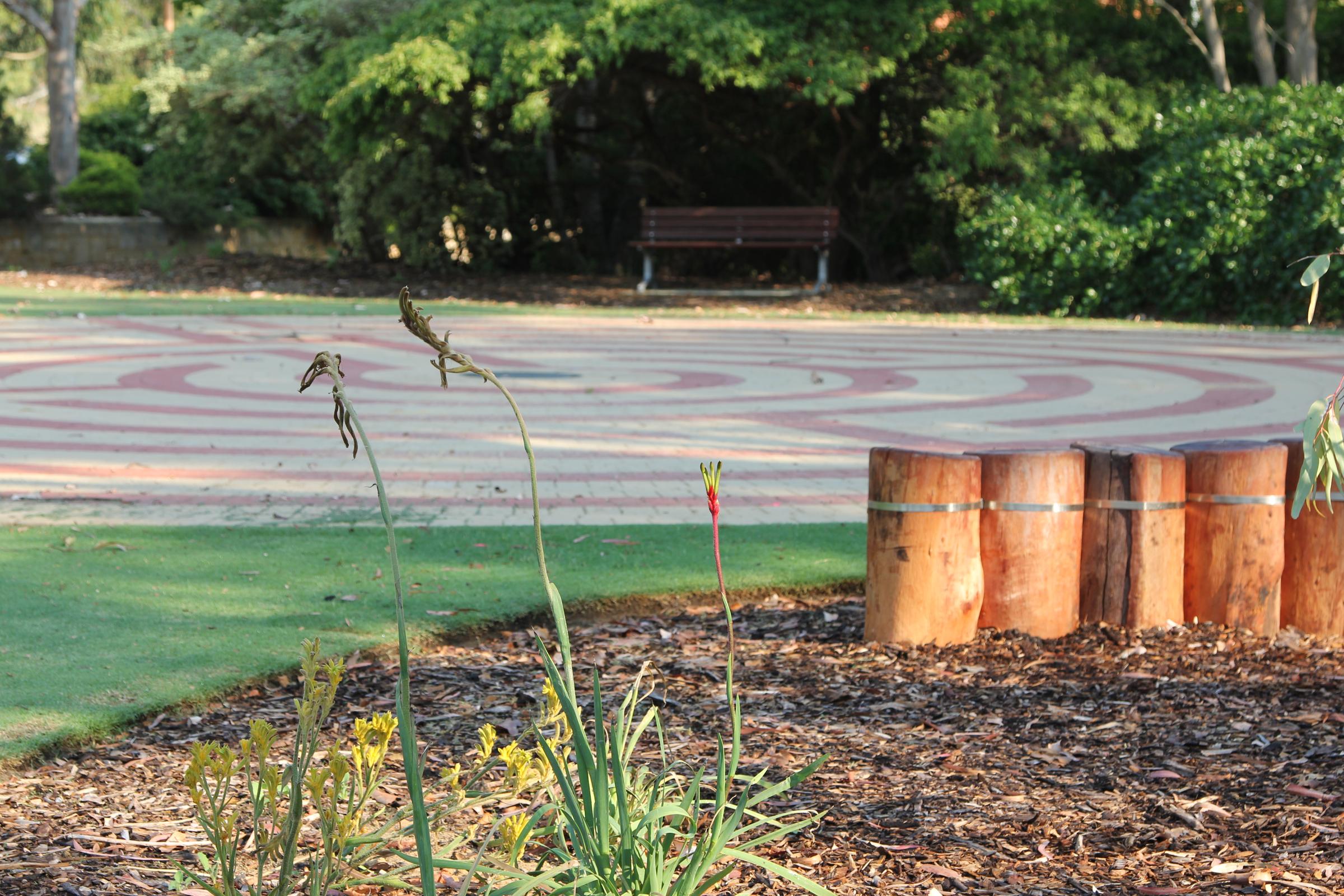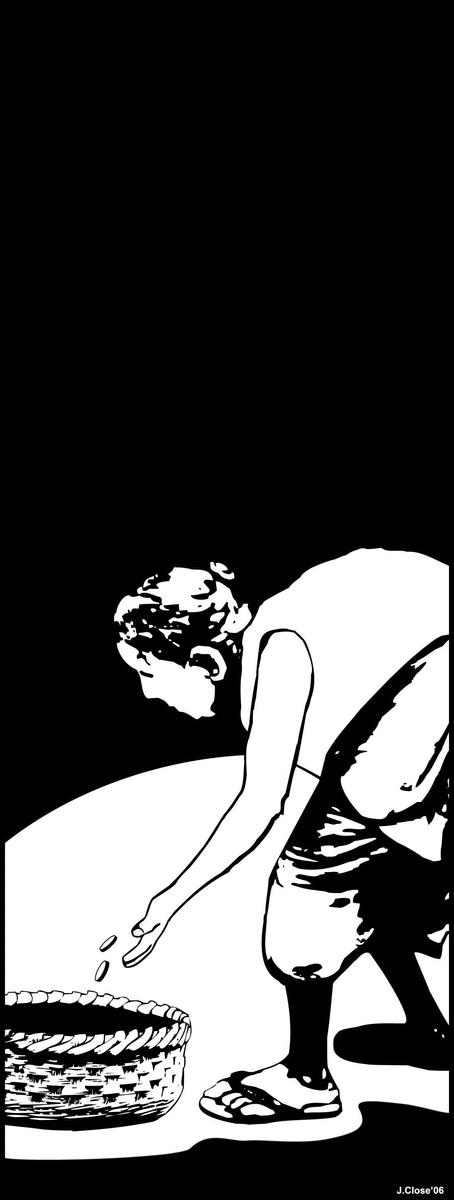Liturgy

Community Liturgy
Next week’s Community Mass is a celebration for Secondary as it will be prepared by the 2018 Homeroom leaders from Years 7-10. Everyone is always welcome to our Friday Community liturgies.
During this month of November, we join with the Universal Church in praying for our beloved dead. There is a Remembrance book in the Chapel for writing the names of people we have known and loved who have died. During November we especially pray for those people at our Friday liturgies.
REGULAR COMMUNITY LITURGY
- When: Fridays in Term Time
- Time: 8:00-8:30am
- Where: College Chapel
If you have any queries about Community Liturgy, please contact Mary-Anne Lumley:
Lumley.mary-anne@cewa.edu.au or 9383 0513.
GOOD NEWS for the 32nd Sunday in Ordinary Time
Mark 12:38-44
The reflection for this Sunday’s Gospel is part of a longer reflection by Greg Sunter. Greg Sunter is a member of the Evangelisation and Spiritual Formation team with Brisbane Catholic Education. He has extensive experience with young people and is the author of books on adolescent faith.
We would normally hear or read the second half of this week’s gospel as a stand alone example of generosity and faith – often without the section that immediately precedes it. Whilst the actions of the widow are certainly worthy of comment, when we read it in the context of the condemnation that immediately precedes it, the widow’s offering is placed in a different light. Jesus condemns the scribes who parade their wealth and seek trappings of earthly power and glory: being recognised and greeted as they walk the streets; taking the front seats in synagogue; and expecting to be seated in the place of honour at banquets. Whilst parading their wealth and feasting at banquets, they are also swallowing up the property of widows – taking advantage of those in need. We often hear widows and orphans named in the scriptures as those in need. Widows and orphans (and strangers in the land) are marked out for special attention in the Torah. They are named as deserving of special care – the lost and broken of society. So despite holding a special place in Jewish Law and tradition, the widows are being taken advantage of by the scribes, who are taking over their property for their own gain. One of the duties of the scribes was to administer the proper payment of Temple taxes. The treasury referred to in the passage is the Temple treasury. Rather than a great act of generosity, we can now see the widow’s payment of Temple tax as a burdensome, heart-wrenching obligation to pay the very last coins she had to a corrupt, uncaring system. We usually read praise into Jesus’ comments about the widow’s offering, but it can also be read as moral outrage at the system that demands this woman pay all that she possesses to the Temple.
© Greg Sunter

